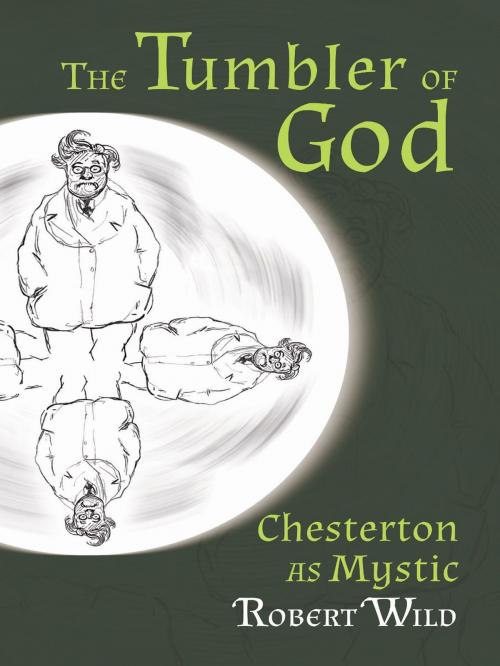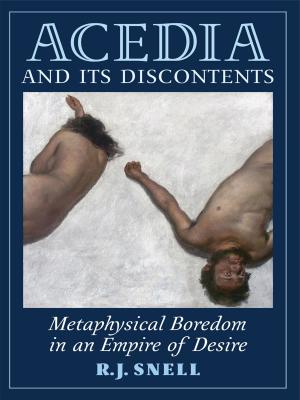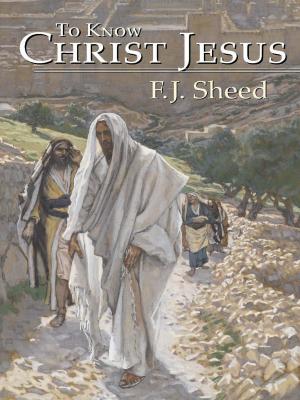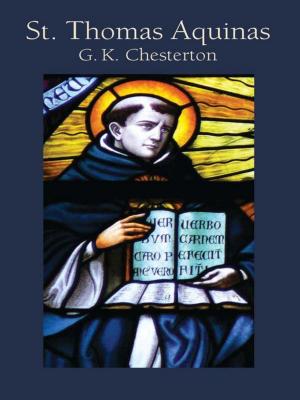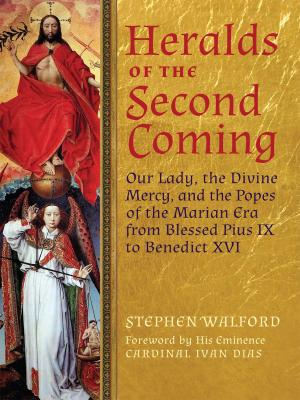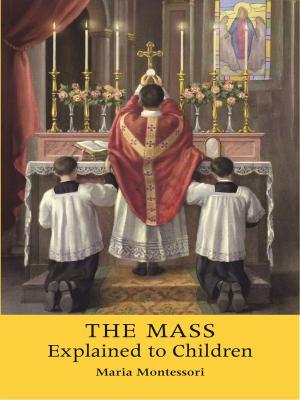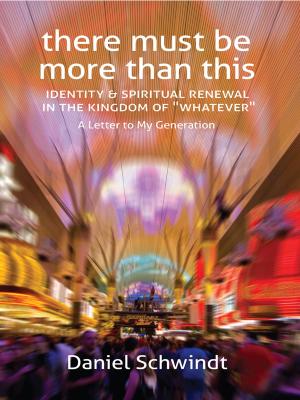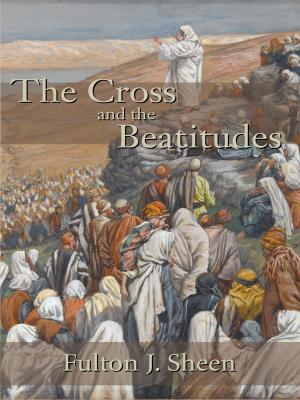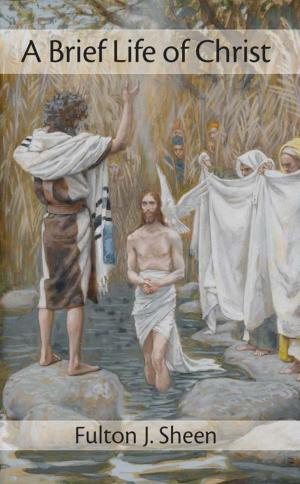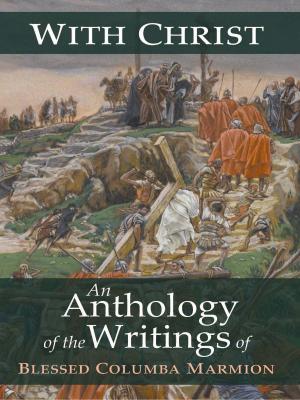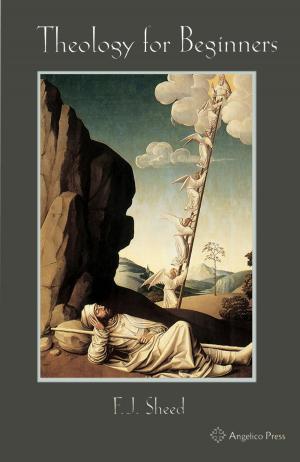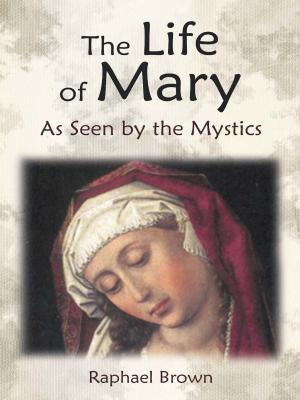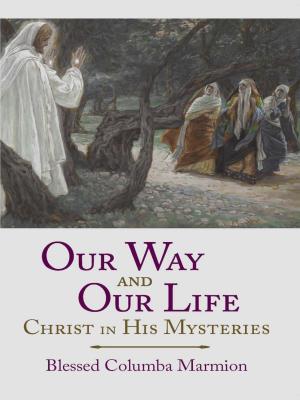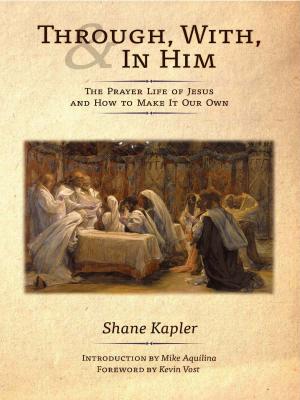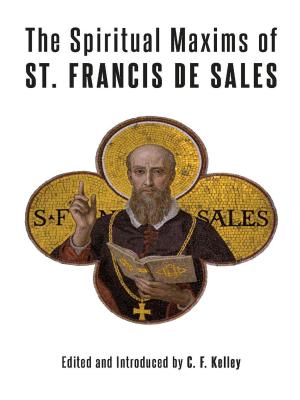The Tumbler of God
Chesterton as Mystic
Nonfiction, Religion & Spirituality, Inspiration & Meditation, Mysticism| Author: | Robert Wild | ISBN: | 9781621380283 |
| Publisher: | Angelico Press | Publication: | August 16, 2013 |
| Imprint: | Angelico Press | Language: | English |
| Author: | Robert Wild |
| ISBN: | 9781621380283 |
| Publisher: | Angelico Press |
| Publication: | August 16, 2013 |
| Imprint: | Angelico Press |
| Language: | English |
"We need a new kind of mystic," writes Fr. Robert Wild; and in The Tumbler of God, he presents a spiritual portrait of G.K. Chesterton that convincingly shows why he is precisely the new kind of mystic we need. Chesterton's mysticism was grounded in an experiential knowledge that existence is a gift from God, and that the only response is a spirituality of gratitude and praise for the unveiled beauty of creation. Franz Kafka said of Chesterton, "He is so happy one might almost think he had discovered God." And Fr. Wild adds that "indeed he had, and he was doing his best to live in the light of that discovery. What was his 'secret'? It was to love the splendor of the real, and to live in adulthood the innocence and wonder of the child who sees everything for the first time. The Gospel tells us we must become again like little children in order to enter the kingdom. Chesterton shows us how."
"We need a new kind of mystic," writes Fr. Robert Wild; and in The Tumbler of God, he presents a spiritual portrait of G.K. Chesterton that convincingly shows why he is precisely the new kind of mystic we need. Chesterton's mysticism was grounded in an experiential knowledge that existence is a gift from God, and that the only response is a spirituality of gratitude and praise for the unveiled beauty of creation. Franz Kafka said of Chesterton, "He is so happy one might almost think he had discovered God." And Fr. Wild adds that "indeed he had, and he was doing his best to live in the light of that discovery. What was his 'secret'? It was to love the splendor of the real, and to live in adulthood the innocence and wonder of the child who sees everything for the first time. The Gospel tells us we must become again like little children in order to enter the kingdom. Chesterton shows us how."
